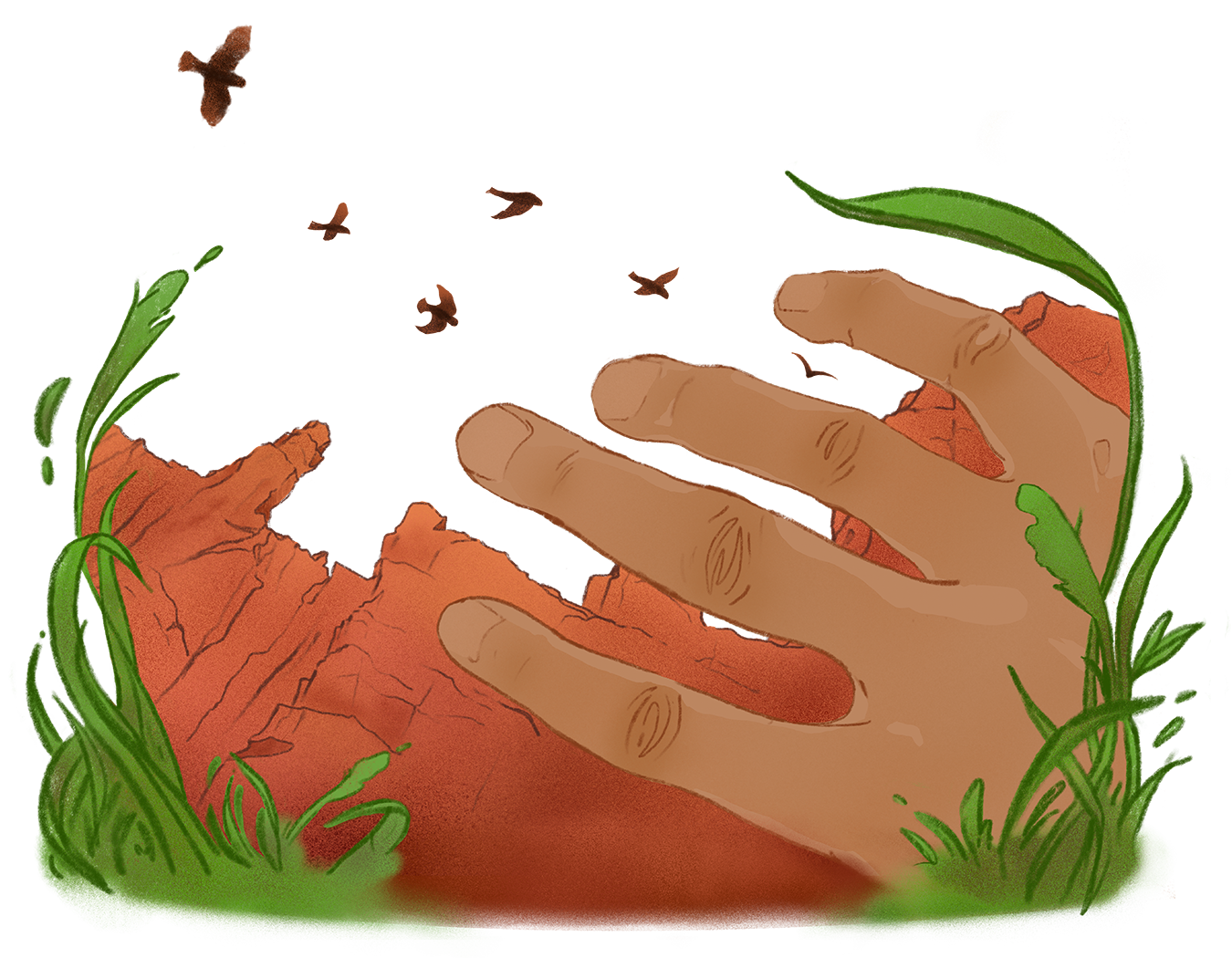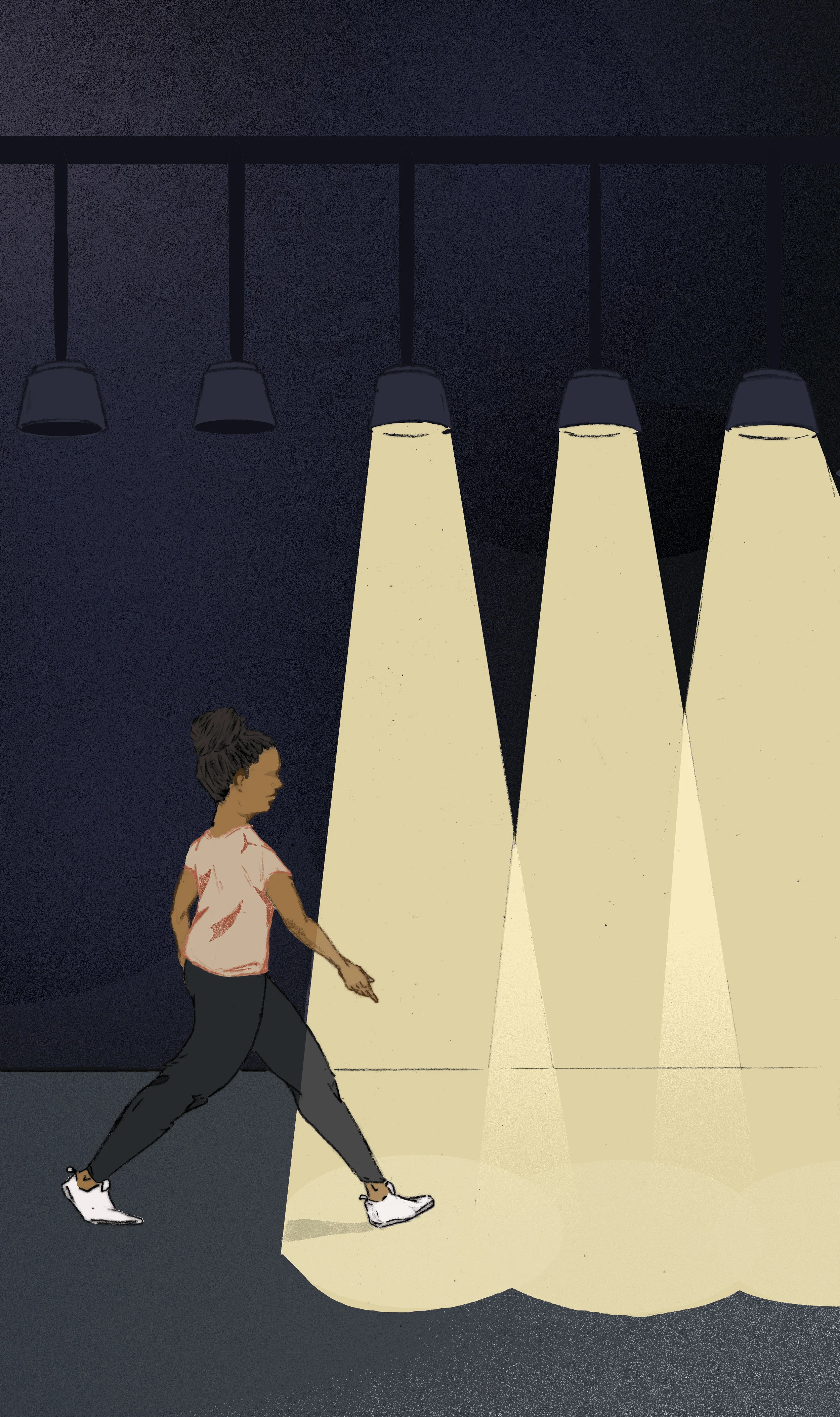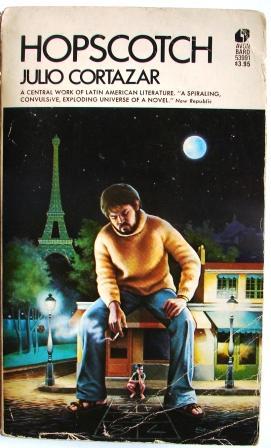

Ted Gioia writes on music, literature, and popular culture. They are stuck where they are because of their own self-defeating attitudes. Oliveira desires to inhabit Traveler’s life, while Traveler appears to be mostly concerned with his friend’s deteriorating mental health. I loved after he had returned to Argentina as the book became a comedy of sorts. It’s the same as not thinking to ask questions, is my guess. Julio Cortázar has left even bolder suggestions for readers of his experimental novel Hopscotch, published 50 years ago today, June : Hopscotch: A Novel (Pantheon Modern Writers Series) ( ): Julio Cortazar, Gregory Rabassa: Books. It was run by two women, one of whom was maybe in her twenties and. Further collections of stories quickly followed, including End of the Game (1956) and The Secret Weapons (1958) - several of which would later be translated into English and published as End of the Game, and Other Stories in 1967.In Fort Lee, New Jersey, there used to be a shop called The Book Cave. As part of this work, Cortázar translated numerous authors into Spanish, including Daniel Defoe and Edgar Allan Poe - both of whom became decisive influences on his fiction. This year also saw the publication of his first collection of short stories - Bestiary - and the beginning of his work as a translator with UNESCO. In 1951, motivated by a dissatisfaction with the government of Juan Perón and what he saw as the ‘general stagnation of the Argentine middle class,’ as a ‘statement of his opposition,’ Cortázar emigrated to France - where he would live until his death.

While working as a secondary school teacher and translator, in 1938 he published his first book - a volume of sonnets - under the pseudonym Julio Denis, though he would later ‘disparage this volume.’ In 1944, he became professor of French Literature at the National University of Cuyo, where in 1949 he would publish his first play - The Kings - based on the myth of Theseus and the Minotaur.


A sickly child, he spent a large portion of his childhood in bed and ‘reading became his great companion.’ Though he attended the University of Buenos Aires and studied philosophy and languages, he never completed his studies. 3 Cortázar’s first years were spent in Barcelona until the family returned to Argentina when he was four.


 0 kommentar(er)
0 kommentar(er)
